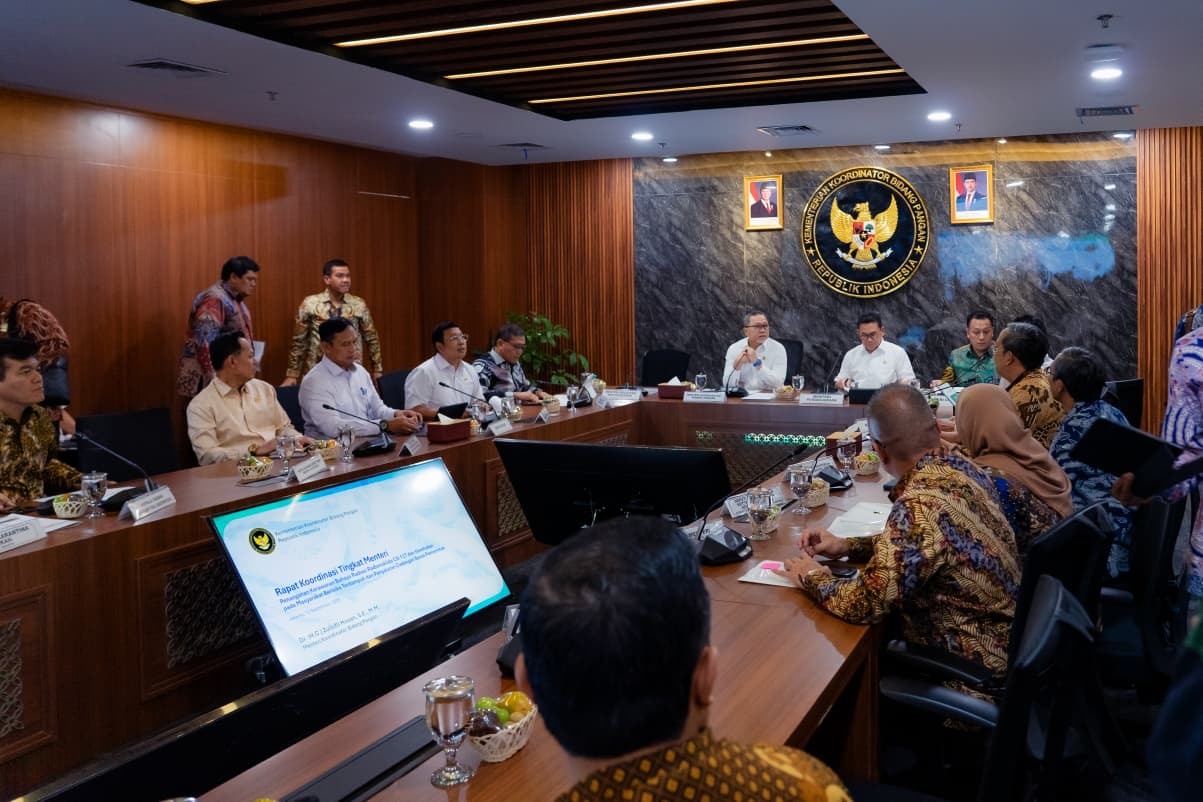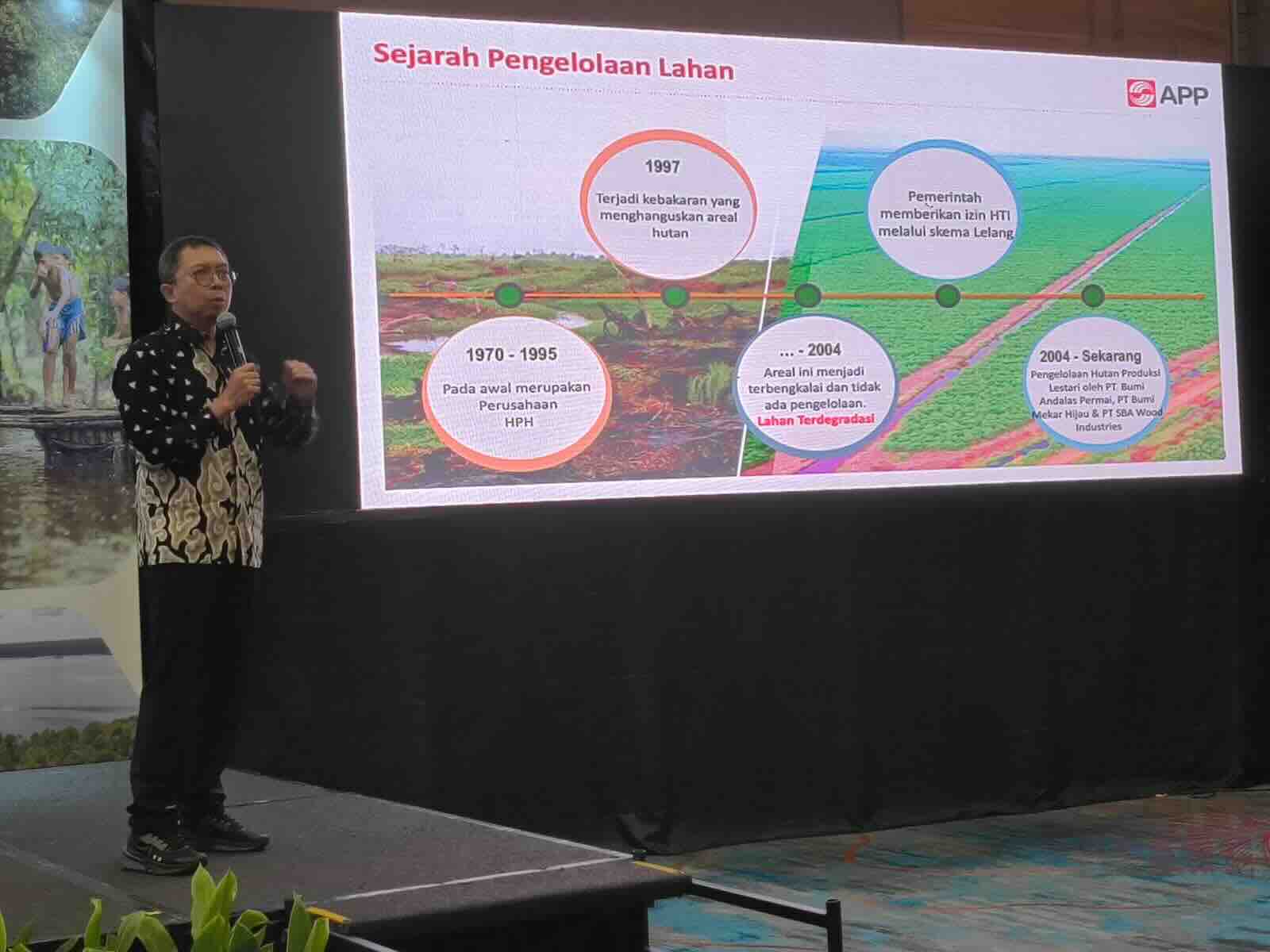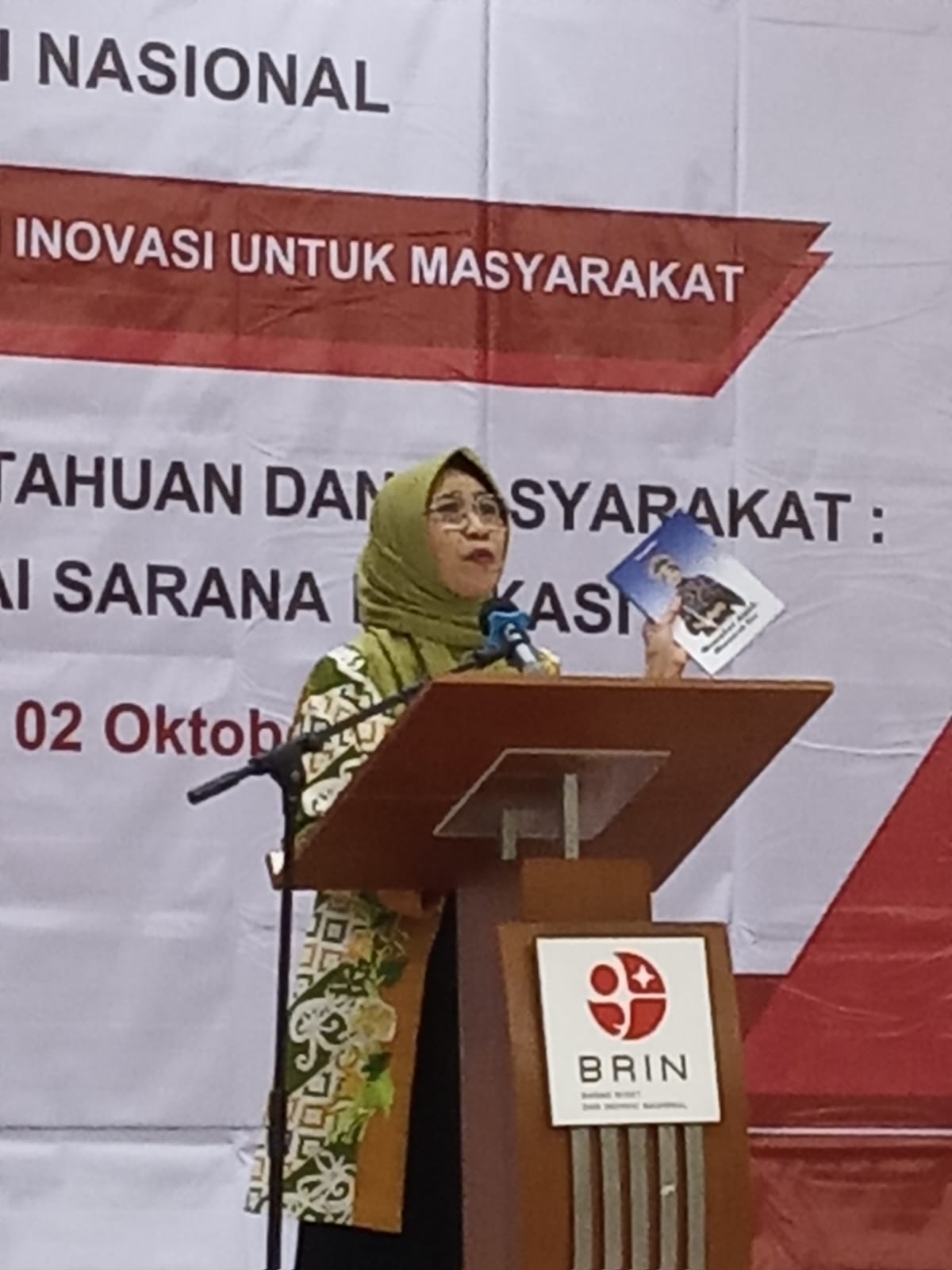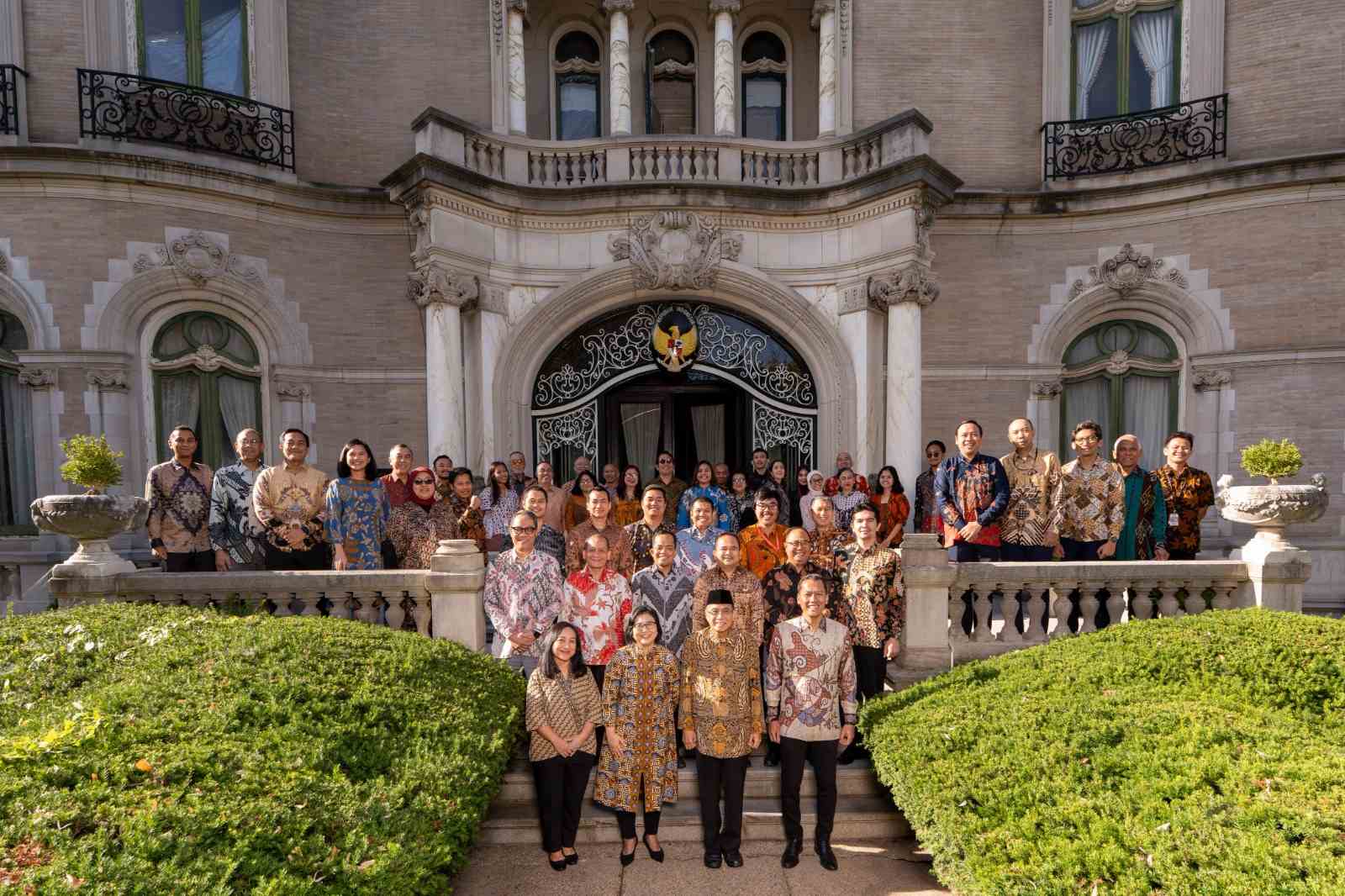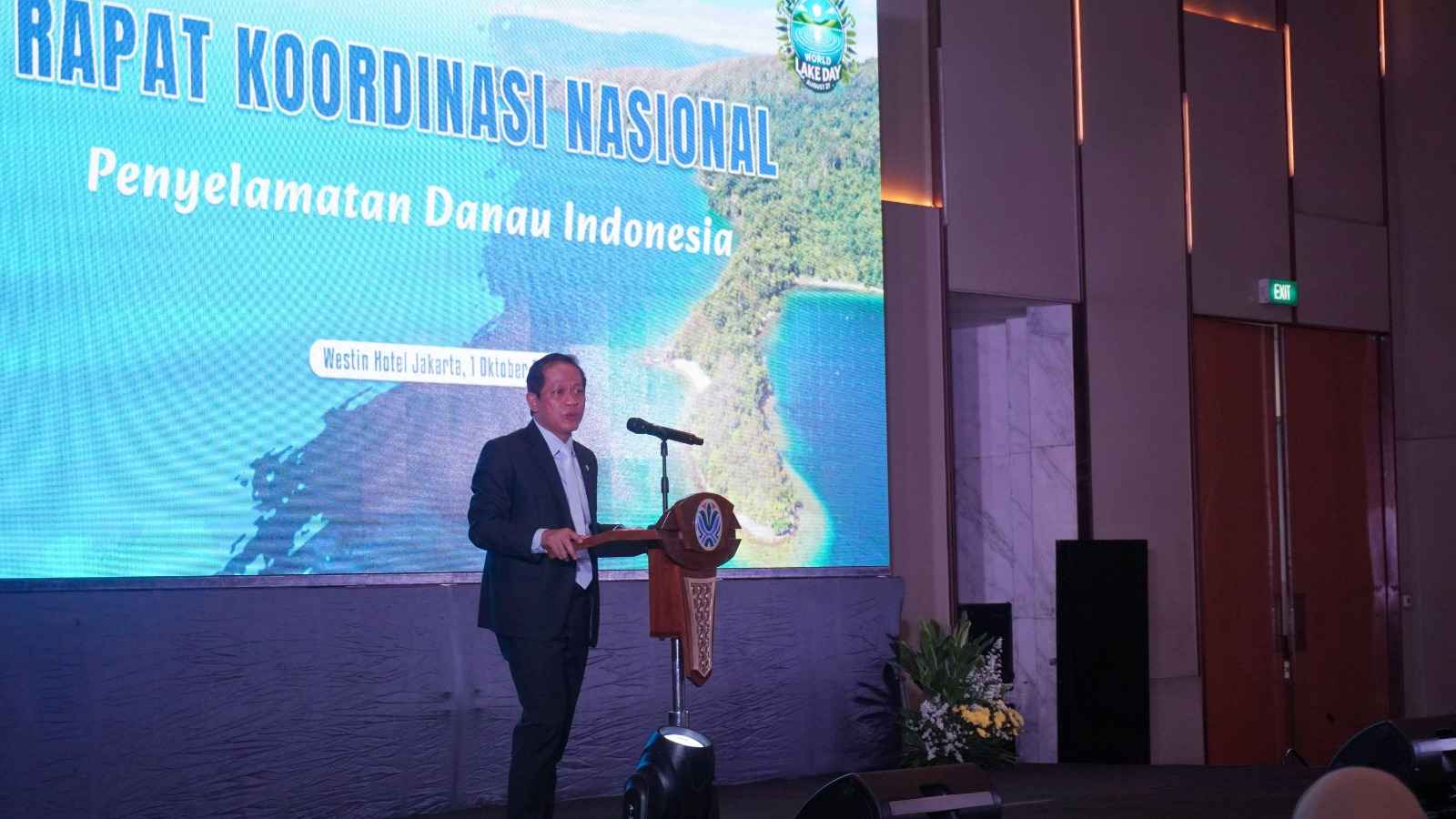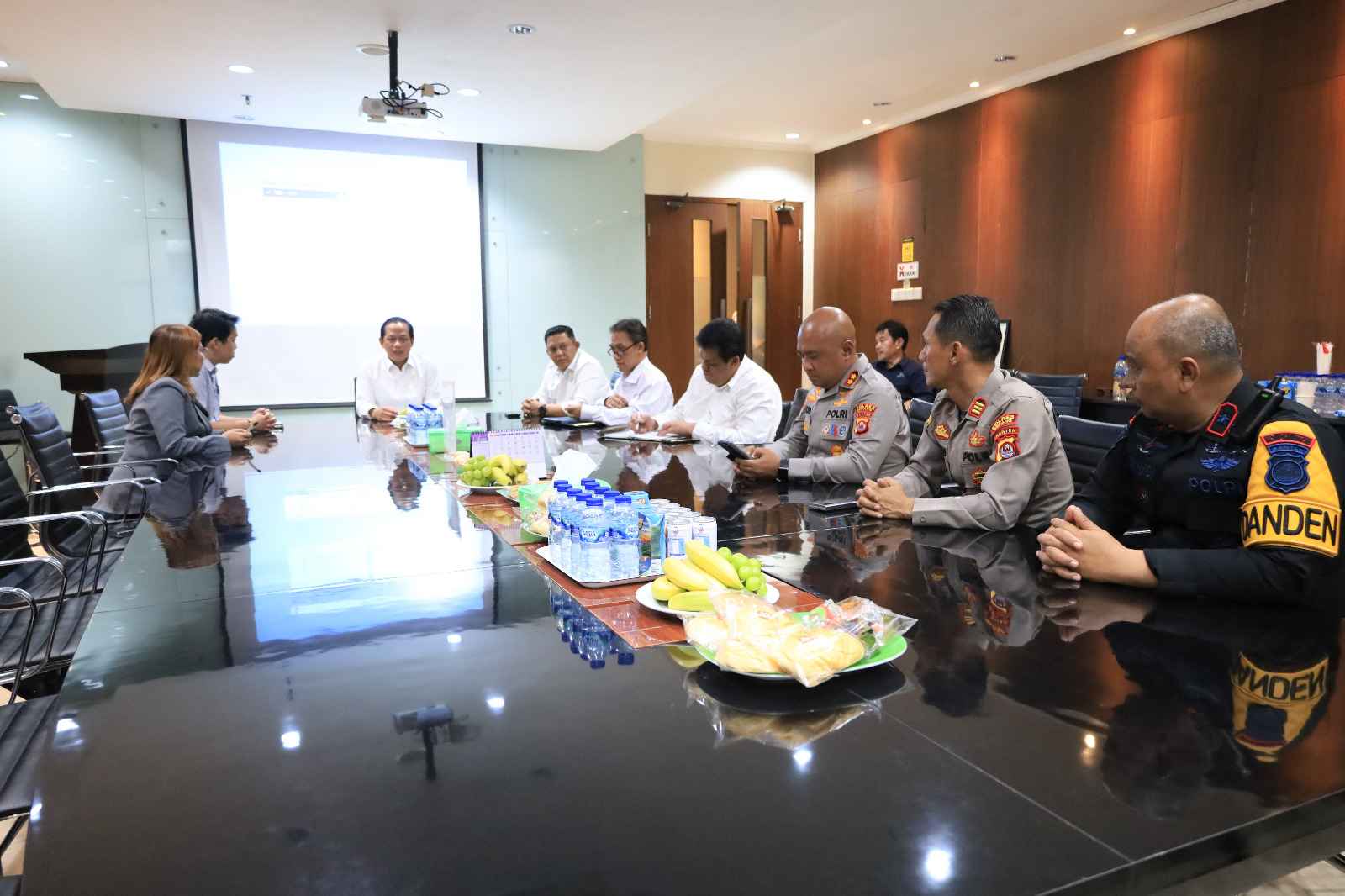Enviro News Asia, Jakarta — The Indonesian government moved swiftly to address suspected radioactive contamination linked to frozen shrimp exports from PT Bahari Makmur Sejati (BMS Foods). Through the Ministry of Environment (KLH), a Rapid Radiation Response Task Force was established to ensure food safety, protect the public, and safeguard environmental sustainability.
The PT Peter Metal Technology (PMT) plant in the Cikande industrial area, Serang Regency, Banten—suspected as the source of Cesium-137 exposure—was officially sealed. The government immediately carried out thorough decontamination to restore the area to a sterile condition and minimize environmental impacts. With this measure, authorities assured that seafood products, including shrimp, remain safe for consumption and that fishermen’s activities would not be disrupted.
Food Coordinating Minister Zulkifli Hasan emphasized that food safety is a top priority. “The government is taking swift action to ensure shrimp quality and environmental preservation remain secure,” he said in an official KLH statement.
An inter-ministerial investigation— involving the Ministry of Marine Affairs and Fisheries, the Nuclear Energy Regulatory Agency (BAPETEN), and the police—was conducted in accordance with international standards. Two coordination meetings were held to design effective response measures.
Deputy Minister of Environment Diaz Hendropriyono added, “This rapid response task force is clear evidence that the state is present to protect its people. Every step we take follows the highest standards to ensure safe food quality, preserved environmental health, and protection for fishermen and consumers.”
KLH’s Deputy for Environmental Law Enforcement, Police Inspector General Rizal Irawan, explained that BMS Foods’ shrimp raw materials were, in fact, safe. Radioactive elements were detected only on the plant’s blowers and ventilators at low concentrations, below the permissible limit, and were promptly handled through decontamination. Further tracing identified PT PMT as having radiation levels of 0.3–0.5 microsieverts per hour—higher than the normal level of 0.1 microsievert per hour.
Rizal stressed that the government would not hesitate to impose strict sanctions, including revoking environmental permits and pursuing civil or criminal action against any parties proven negligent or deliberately causing pollution.
KLH reassured the public and fishermen that there is no cause for concern. The affected area has been sterilized, environmental impacts minimized, and all seafood products are under strict monitoring to meet the highest safety standards.
This successful handling marks a vital moment of collaboration among central and local governments, businesses, and communities. Through swift action and ongoing commitment, Indonesia is strengthening international market confidence while preserving marine ecosystems and ensuring food safety for future generations. (*)




